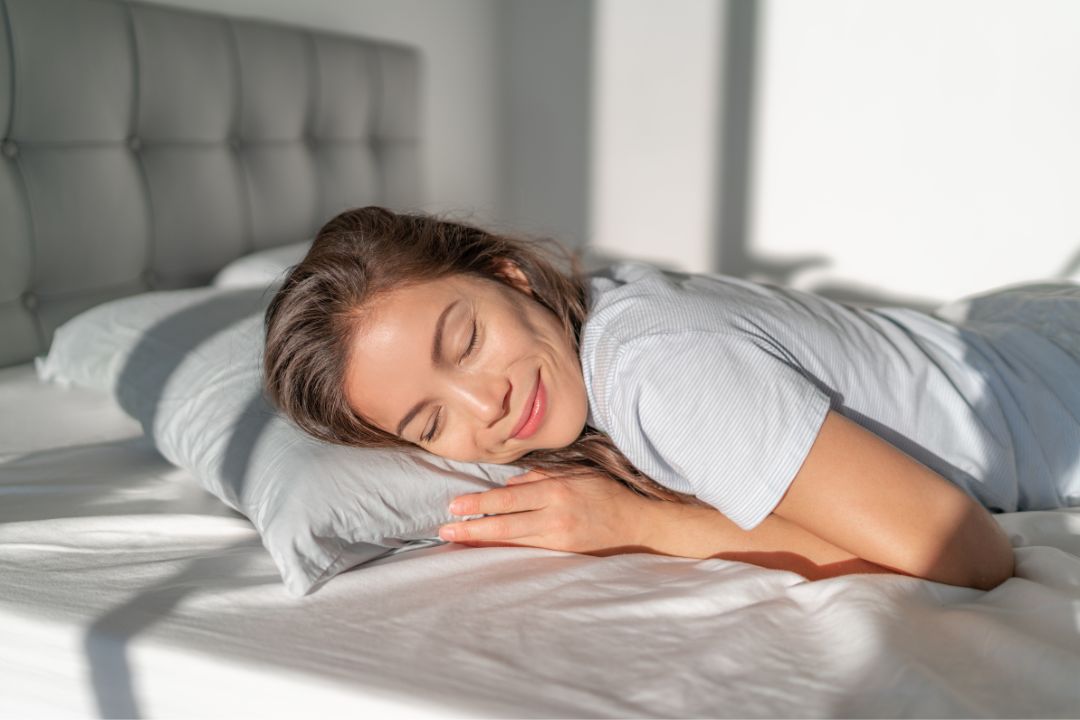Lack of sleep can have a significant impact on your skin health. When you don't get enough sleep, your skin may appear dull, dry, and pale, and you may notice an increase in fine lines, wrinkles, and dark circles under your eyes. Lack of sleep can have a negative effect on your skin in a number of ways. Here are a few examples:
Dryness: Lack of sleep can cause your skin to become dry and flaky. This is because sleep helps to regulate your body's production of natural oils, which keep your skin hydrated and healthy. When you don't get enough sleep, your skin may not produce enough oil, leading to dryness.
Fine lines and wrinkles: When you don't get enough sleep, your skin may not repair itself as efficiently as it usually would. This can lead to fine lines and wrinkles, particularly around the eyes and mouth. It can also cause dark circles to appear under your eyes. This is because sleep helps to reduce inflammation and swelling, which can cause the blood vessels under your skin to become more visible.
Acne: Lack of sleep can disrupt your body's natural hormonal balance, which can lead to an increase in acne breakouts. It also weakens your immune system, making it more difficult for your body to fight off infections and skin conditions.

How Can You Improve Your Sleep and Protect Your Skin
It's important to get enough sleep to help keep your skin healthy and looking its best. Aim for 7-9 hours of sleep every night to help maintain healthy radiant skin. There are several steps you can take to improve your sleep and help protect your skin:
Set a consistent sleep schedule: Try to go to bed and wake up at the same time every day, even on weekends. This can help regulate your body's natural sleep-wake cycle and make it easier to fall asleep.
Create a relaxing bedtime routine: Establish a comfortable bedtime routine, such as reading a book or taking a warm bath, to help you wind down before bed.
Make your sleep environment comfortable: Keep your bedroom cool, dark, and quiet, and invest in a comfortable mattress and pillows to help you sleep more comfortably.
Avoid screens before bed: The blue light emitted by screens can interfere with your body's production of the sleep hormone melatonin, so try to avoid screens for at least an hour before bed.
Avoid caffeine and alcohol: Both caffeine and alcohol can disrupt your sleep, so try to avoid consuming them too close to bedtime.
Exercise regularly: Regular exercise can help improve your sleep quality but try to avoid vigorous exercise close to bedtime as it can make it harder to fall asleep. Techniques such as deep breathing, meditation, or progressive muscle relaxation can help you relax and fall asleep more easily.
By implementing these strategies, you can improve your sleep and help protect your skin from the negative effects of lack of sleep.

